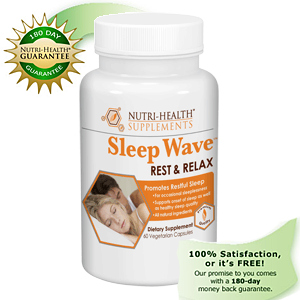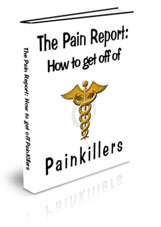Methadone, Opiate and Heroin Detox
More people die every year from methadone than from heroin.
I read an article today that happened to mention that one of the people involved in the situation being written about was a methadone counselor. I was curious to find out exactly what they meant, so I checked it out. Methadone is sometimes used in treatment programs for heroin addicts.
Methadone is Also an Opiate and is Addictive
Unfortunately, methadone is also an opiate, and is also addictive, and many people who take methadone to kick heroin wind up addicted to methadone instead. They then have to go through a methadone detox program and sometimes to drug rehab to handle their new addiction.
So what does a methadone counselor do? According to the Methadone Assisted Recovery Guidelines for Saskatchewan, methadone counselors do everything from screening an individual to see if methadone treatment is right for them, to dealing with the issues that would make someone addiction prone.
Objectives of Methadone Counseling and Opiates Detox
The outcome of methadone counseling is supposed to be one of three possibilities: the addict stays on methadone long-term, the addict goes through a medically-supervised withdrawal from methadone, or the addict is given a “methadone harm reduction” program.
The addict is expected to be on methadone and receiving methadone counseling for two or more years, after which time the counselor makes his recommendations.
Okay. So that’s how it works. During the two or more years the person is taking methadone, the counselor is working with them to resolve their addiction issues. If the counselor concludes that the issues are resolved, I would assume he would recommend withdrawal from methadone so the addict can become drug free.
Side effects of Methadone Treatment and Withdrawal
But there’s a major flaw in this treatment: The person is trying to resolve his personal issues while he or she is on methadone. Is that going to be a drawback? Well, here are the side effects of methadone:
- shallow breathing
- hallucinations or confusion
- fast or pounding heartbeats, chest pain, trouble breathing, feeling light-headed, fainting
- feeling anxious, nervous, or restless
- sleep problems (insomnia)
- dizziness, drowsiness, or weakness
- dry mouth, nausea, vomiting, diarrhea, constipation, loss of appetite; or
- decreased sex drive, impotence, or difficulty having an orgasm
What do you think? Would you be able to resolve your addiction issues with the above going on? I’m sure some of those side effects are precisely the type of thing that drives a person to take drugs in the first place.
Counseling After Methadone Detox?
Don’t you think it would be wise to get the person through a methadone detox program before diving in to the personal and life issues that lead them to drug addiction in the first place?
How exactly is feeling confused, anxious, nauseous, not being able to sleep and being impotent supposed to empower the person to overcome their problems in life and not want to be on drugs anymore?
More people die every year from methadone than from heroin. Let’s get heroin addicts into a detox drug rehab that can really get them off drugs. And let’s get people who have now traded methadone addiction for their addiction to heroin into a medically supervised methadone detox program so they can truly be drug free.













